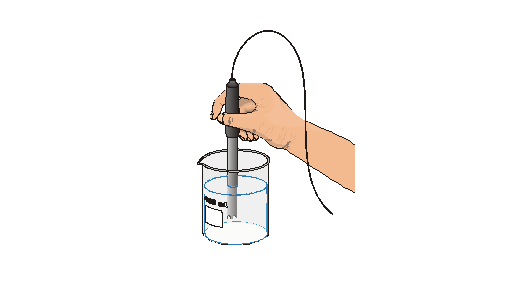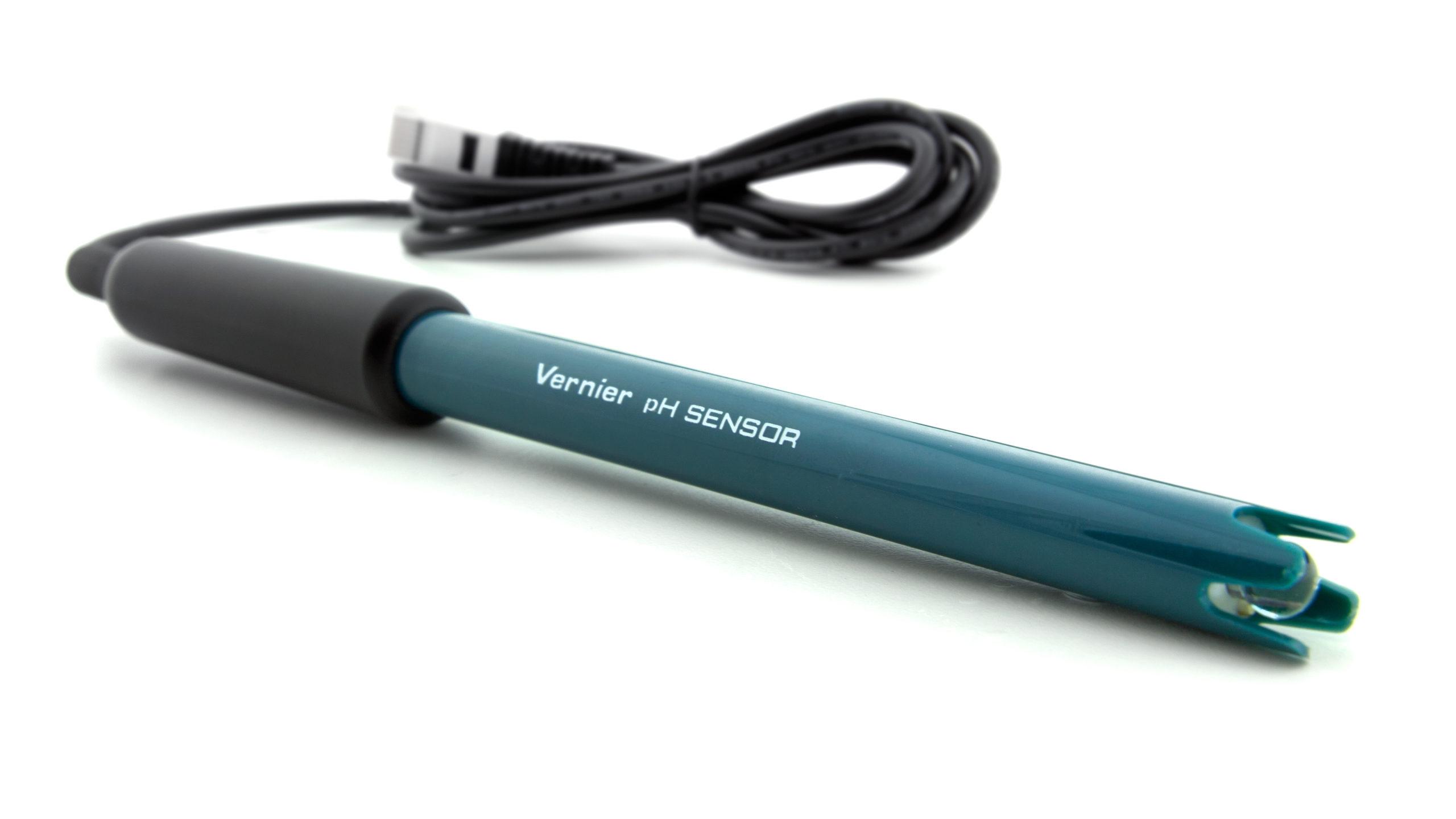Sour Chemistry – The Exponential pH Change
Experiment #19 from Real-World Math with Vernier
- Education Level
- High School

Introduction
Chemists quantify the acidity or alkalinity of a solution by measuring its pH on a scale ranging from 0 to 14. A neutral substance has a pH of 7. A pH lower than 7 suggests an acidic solution, while a pH higher than 7 indicates that a solution is basic.
Different pH levels must be maintained throughout the body in order for a person to remain healthy. Excessively high or low pH levels often result in discomfort or irritation. For example, common indigestion or upset stomach usually indicates the presence of excessive amounts of stomach acids. This condition can sometimes be alleviated by taking an antacid tablet, or by drinking a solution such as Alka-Seltzer® and water, designed to neutralize these acids and raise the pH level in the stomach.
In this activity, the conditions found in an acid stomach will be simulated using a solution of lemon juice and water. The effectiveness of an antacid remedy will be tested by monitoring the pH of the solution after an effervescent antacid tablet has been added to it. The resulting data will be modeled using a modified exponential function.
Objectives
- Record pH versus time data as an antacid tablet neutralizes the acid in lemon juice.
- Model the pH data with a modified exponential function.
Sensors and Equipment
This experiment features the following sensors and equipment. Additional equipment may be required.
Ready to Experiment?
Ask an Expert
Get answers to your questions about how to teach this experiment with our support team.
- Call toll-free: 888-837-6437
- Chat with Us
- Email support@vernier.com
Purchase the Lab Book
This experiment is #19 of Real-World Math with Vernier. The experiment in the book includes student instructions as well as instructor information for set up, helpful hints, and sample graphs and data.


